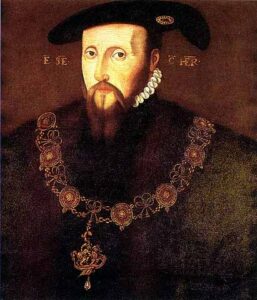
Somerset became Lord Protector of England in February 1547, shortly after Henry VIII’s death. Henry VIII’s will had named sixteen executors who were to form a regency council, along with 12 other advisers, until Edward VI came of age, so Edward Seymour (then Earl of Hertford) had not been appointed Lord Protector by Henry VIII. The plan was that the council would rule collectively with every member having equal power and rights. However, the will also allowed the executors to grant themselves lands and honours, so Somerset took advantage of this and made himself Duke of Somerset and Lord Protector of his nephew’s council, with the agreement of 13 out of the 16 executors. Somerset then went on to rule by proclamation, making all of the decisions himself.
Somerset’s downfall was the result of widespread social unrest in England, such as the Prayer Book Rebellion in the South West in 1549, something which the rest of the council blamed him for. After his arrest, Somerset was succeeded as the leader of Edward VI’s council by John Dudley, the Earl of Warwick, and although he was later released and restored to a place on the council, he was eventually executed on the 22nd January 1552 after plotting to overthrow Dudley. He was buried at the Chapel of St Peter ad Vincula at the Tower of London.
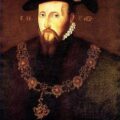
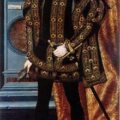
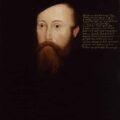
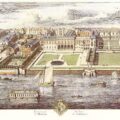
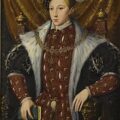
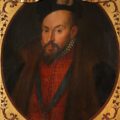
If I may ask…who were the three executors who declined to vote for the Lord Protector? I am curious as to their names and possible motives. Excellent article, by the way!
Hi Angel,
They didn’t decline to vote, they just were not present at the meeting of the Council of Executors on 4th February. The thirteen present, according to Acts of the Privy Council – http://www.british-history.ac.uk/source.aspx?pubid=1177&sp=3&pg=4 – were the Archbishop of Canterbury, Thomas Wriothesley, Lord St John, Lord Russell, Viscount Lisle, Earl of Hertford, Bishop of Durham, Sir Anthony Browne, Sir William Paget, Sir Edward North, Sir Edward Montague, Sir Anthony Denny and Sir William Herbert. If you compare this list with the list of executors – see http://www.theanneboleynfiles.com/henry-viiis-will/ – It means that Sir Edward Wootton and Dr. Wootton his brother were absent, and also Justice Bromley.
Thank you!
Hello, I liked a lot of the articles, I am Brazilian and academic in history, I am very interested in researching the Tudor period .. but do not read English, then everything gets complicated because most of the books are in English, I think it will be a motivation to get back on course .. Congratulations to the articles!
Thank you so much for such priceless information! I love each and every article you post! Thanks for doing this!
Thanks for the article. Do you know if Seymour’s scaffold speech is available? Thank you.